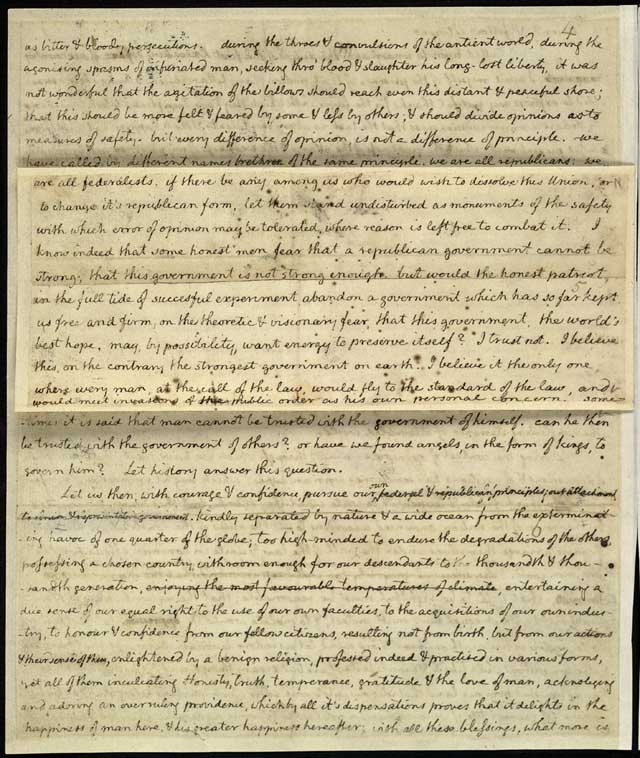The Doctrine was a very gusty thing, having just come out of a war that resulted in a stalemate. The nation had just started off, making the United States a difficult nation to take seriously. We weren't powerful from Europe's perspective, but the overall introduction of the Monroe Doctrine sparked nationalism worldwide. From the perspective of the people Americans would most likely want their colonies to the west to experience life, liberty, and the pursuit of happiness as they have been granted. In order to reach their goal, they need to get rid of other nations from colonizing in America in order to maintain their safety and peace.
2. What was Secretary of State Adams' hope when he wrote the Monroe Doctrine?
He hoped that the other nations that already had or were planning on colonizing in the west would no longer build on their empire with that land. He wanted to maintain the people's rights and wanted other nations to see and respect that. Otherwise the government would take any efforts for colonization as aggression towards the nation as a whole and would be dealt with as such.
3. What is the key phrase in the entire document that you need to remember as the cornerstone or American Foreign Policy?
Madison stated that the nation would stay neutral unless another nation were to attack them first. He wanted to avoid war, having just come out of The War of 1812, and therefore enacted the doctrine to maintain the land to the west.

